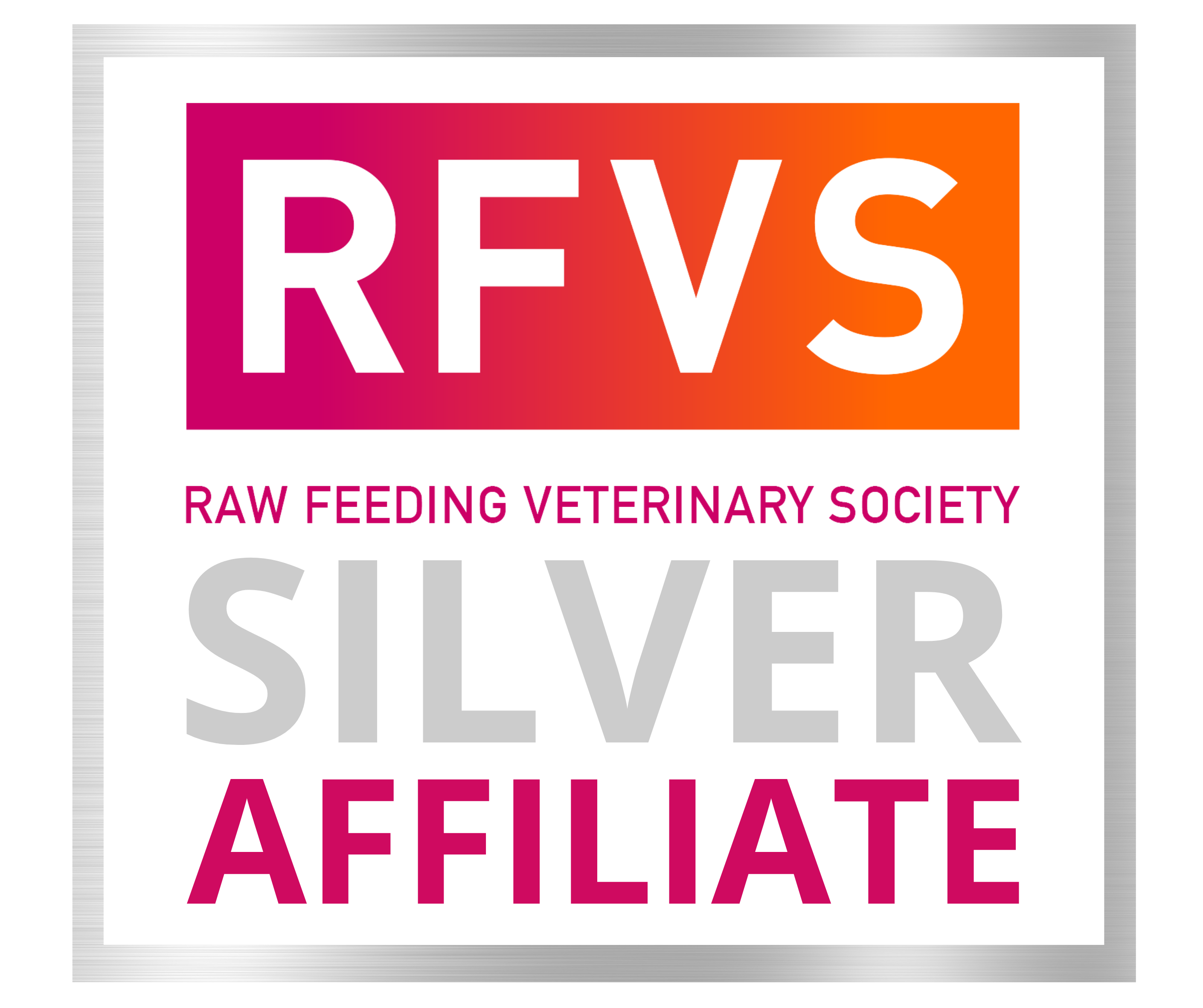Microbes & Health
WHAT DO WE KNOW ABOUT MICROBES?
- Mammals (including people, cats and dogs) are home to trillions of microbes – tiny organisms, such as bacteria, viruses etc.
- Our microbes outnumber mammalian cells many times over, and they contain about 2-4 million genes (we only have about 20,000 genes in our mammalian DNA). The term ‘microbiome’ refers to the total gene pool within an individual’s microbes.
- Microbes live all over us, but most of them live in the gut.
- They coat the gut with a protective layer to keep bad things (toxins, undigested food) out of our circulation.
- They regulate immunity and our ability to withstand disease.
- They control inflammation. We need some inflammation for fighting invaders, but too much inflammation is bad for us.
- They regulate the absorption of nutrients.
- They make vitamins.
MICROBES AFFECT COGNITION, BEHAVIOUR AND PSYCHOLOGICAL WELL-BEING
Microbial imbalances are now implicated in a growing number of neurological, mood and behavioural disorders. The ‘anxious mice’ study looked at an anxious group of mice, and a calm group of mice. When their microbes were swapped via faecal microbial transplants (FMTs), their personality types were also swapped: the calm mice became anxious, and the anxious mice became calm.
Read more: Microbes and the Gut Brain Axis
MICROBES AFFECT WEIGHT
FMTs were used to demonstrate that you can actually ‘transplant’ leanness or fatness into an animal. There has been a case report of this happening in a woman when she received an FMT to save her from a life-threatening antibiotic-resistant bacterial infection.
Read more: Transfer of Gut Microbiota from Lean and Obese Mice to Antibiotic-Treated Mice
WHAT’S LUCK GOT TO DO WITH IT?
Scenario 1: A 95 year old man heads down to his local pub, accompanied by his 16 year old crossbred dog. They both walk the two km trip quickly and easily, without losing their breath. They spend the afternoon there. The old man eats hot chips and a hamburger, and downs six gins, and a beer. The dog has nothing – he had a bowl of budget dog biscuits from the supermarket before he came.
Scenario 2: An overweight 36 year old man drives to the local organic store to buy some salad, fish and kombucha for his dinner; and some organic raw dog food for his little Westie. He hobbles the few steps from his car to the shop, because his feet are in pain due to complications from his diabetes. He left his Westie at home. She is only seven years old, but she has cancer, and car trips have become challenging for her.
Our microbiomes are largely determined at birth, and in the period up until around when weaning might naturally occur (about age 3 in humans). Then they reach a sort of ‘set-point’ – this means that the populations become relatively stable and resistant to change for the rest of your life.
THIS IS WHERE THE LUCK COMES IN
If you (or your dog) have an uncomplicated, natural birth to a healthy mother (with a good microbiome of her own); you are breastfed, and weaned onto high quality first foods; and you are not exposed to antibiotics early in life – then chances are you will have a really good set-point. This will protect you throughout your life.
In scenario 1: The old man and the dog were able to stay healthy despite a less than ideal diet of processed food and alcohol, because they were lucky - they developed a good set-point when they were babies.
If you (or your dog) are born via c-section; put straight on to antibiotics for an infection; are formula-fed; and are weaned onto highly processed foods – then chances are you will end up with a sub-optimal set-point.
In scenario 2: Despite their healthy, organic diet, the man and his dog both suffer from chronic disease. They developed a sub-optimal set-point when they were babies.
IS IT ALL LUCK?
No! We can change our microbiome by changing our diet and lifestyle. But the set-point is still lurking - if we lapse back into old habits, our microbiome will revert back to its set-point.
We can improve our microbiome through consistent, positive lifestyle changes (good diet, probiotics etc). We can damage is through negative lifestyle habits (bad diet, inappropriate use of antibiotics / pain relief / unnecessary vaccination, pesticide exposure etc).
Watch this short clip for a great overview on the microbiome. It is aimed at humans, but much of the research has been done in animals, so it is broadly applicable.
This is a long video (for those who want to learn more). The speaker - Dr Martin Blasser - wrote an excellent book called 'Missing Microbes.' Well worth a read!

